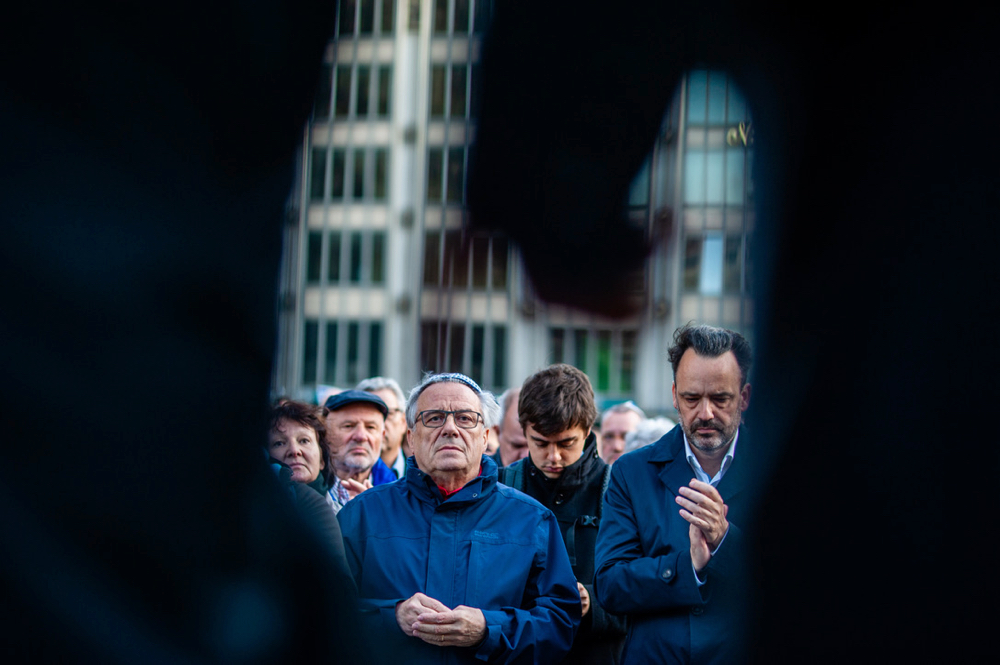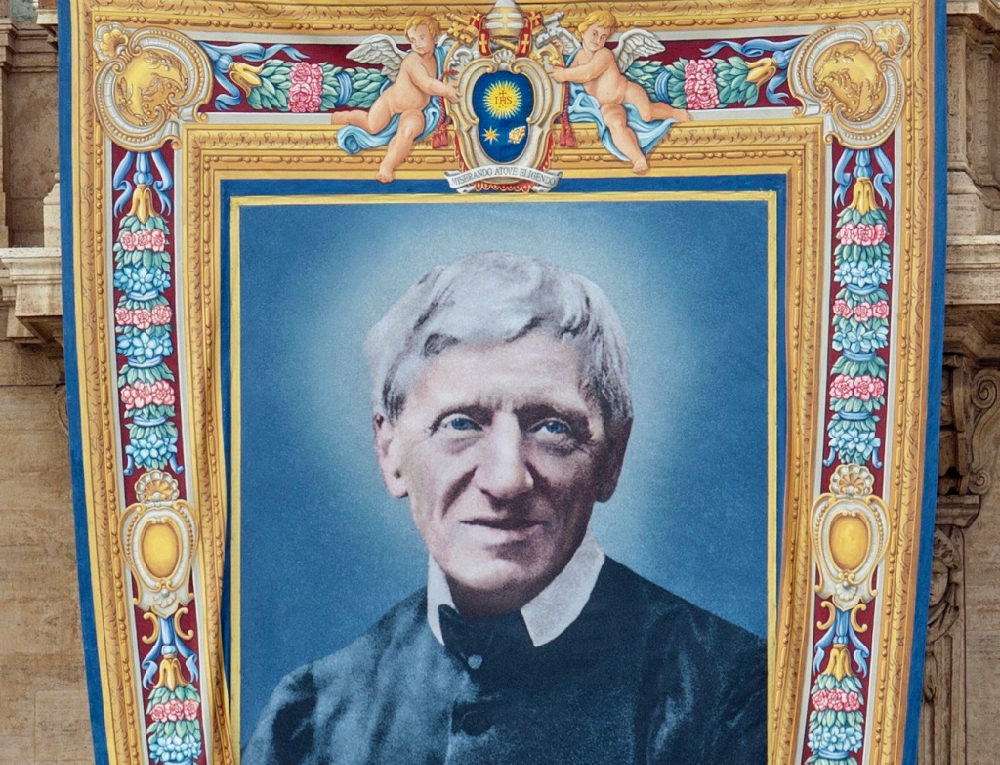John Henry Newman, the brilliant, prolific Victorian writer and priest risked everything to be received into the Roman Church. He couldn’t have occupied a more different world than that of the Amazon today.
The English cardinal will be declared a saint by Pope Francis on 13 October at the mid-point of a Synod of Bishops on the Pan-Amazon region. From the outset, they seem like disconnected events. Yet the spirit of Newman is hovering over the synod gathering as it seeks out new pathways for the 21st century Church.
Since his death, Newman’s writings have been a guiding light for Catholics interested in developing Christian thought, and how the Church can implement authentic reform in dialogue with its tradition. It was the Victorian cardinal who offered some of the theological building blocks for the Second Vatican Council, the 1962-65 gathering which set a blueprint for the contemporary Church.
More broadly, the Francis papacy, the synod of bishops and Newman are all reminders that to be Catholic is to be both traditional and radical. Both words draw meaning from going back to the root.
During his opening address to the synod fathers in the Paul VI Hall on Monday 7 October, Brazilian Cardinal Claudio Hummes explained that it is “by moving forwards that makes the Church loyal to its true tradition”, rather than by forming closed circles that look nostalgically back to the past.
“To live is to change,” Newman wrote “and to be perfect is to have changed often.”
Hummes’ point has echoes of Newman’s famous Essay on the Development of Christian Doctrine where he argued that how the truths of the faith are expressed develops, and becomes clearer over time. Developing a new evangelising, prophetic presence for the Church in the Amazon – and not just the Amazon but places such as China and South East Asia – can help elucidate Christ’s command to “make disciples of all the nations”.
Ordaining married men as priests for the Amazon region, and recognising the courageous ministry of women – both being discussed at the synod – could also be examples of developing the Church’s mission, while remaining in continuity with tradition.
Mgr Roderick Strange, a Newman expert and visiting professor at St Mary’s University, Twickenham, says the English saint was concerned about the interplay between the local church and the universal, and wary of the “heavy centralisation” in Rome during his lifetime.
Newman was once described by one Roman monsignor as “the most dangerous man in England”. He was opposed to the 19th-century ultramontane movement with its exaggerated emphasis on papal authority.
Speaking at the opening of the Amazon synod, the Pope warned about an “homogenising centralism” in the Church which does not bring authenticity. Francis has called for a “cautious decentralisation” in the Church, and has given greater authority to local bishops. In this way, his papacy is focussed on implementing the Second Vatican Council and, in particular, his revamping of the synod of bishops, a structure set up at the end of Vatican II.
Mgr Strange explains how Newman was both a cardinal of the Roman church and “a quintessentially English figure”. He wanted the “reality of the local Church in its relationship with the universal Church”, something that is happening with the synod discussions on the Amazon.
“Newman does capture the central, defining concern of the Second Vatican Council, and it is precisely what Pope Francis is trying to realise,” Mgr Strange told The Tablet in Rome. “The most obvious sign of it is choosing cardinals from unexpected places, so all sorts of areas in the local church acquire a voice.”
Giving the local church a voice by hearing from the laity was a focus for the English cardinal, who spent years of hidden service working with the forgotten people of 19th century Birmingham.
In Consulting the Faithful in Matters of Doctrine, Newman argued about what happened during the fourth-century Arian controversy: “The divine tradition committed to the infallible Church was proclaimed and maintained far more by the faithful than by the Episcopate.” He added that the “body of the faithful is one of the witnesses to the fact of the tradition of revealed doctrine”, and that the “consensus” of the laity through history is the “voice of the infallible church”.
The synods of bishops during Francis’ pontificate have actively sought the views of the laity. In the run-up to the Amazon synod, an unprecedented listening exercise took place involving 87,000 people from the region, with the summit aiming to respond to the voices of the people of God on the ground.
According to Mgr Strange, Newman believed: “The Church’s teaching is always going to be wiser, better, stronger when you are hearing the lay voice as well as the clerical voice.”
The new saint, who is the first Englishman who has lived since the 17th century to be canonised, brought his experience as an Oxford scholar and as a minister in the Anglican Church into the Roman Catholic fold.
His writings on conscience, describing it as the “aboriginal Vicar of Christ” and insisting that he would toast conscience before the Pope, also echo Francis’ view that the Church is called to form consciences rather than “replace them”.
Mgr Strange points out that Newman’s writings on developing Christian thought were essays, they were ideas, and incomplete. He is not someone who can pigeonholed as either “conservative” or “liberal”. He condemned religious liberalism which he saw as leading to godlessness and wrote in a paradoxical and dialectic style.
His greatest contribution to the Church is arguably to the canon of Christian literature in poems, hymns and theological exploration. He believed that to be a Christian was not a process of intellectual conversion but about falling in love. His motto was “heart speaking to heart”.
In his essay on the development of doctrine, the new saint talked about how an idea begins like a spring of water, and through time, and various trials, it turns into river.
Through his life Newman’s ideas burst up like springs, some of them ignored, and other times opposed. But in 2019 many of the ideas have been accepted, and the writings of Newman are helping to channel new waters into the Church to this very day.



 Loading ...
Loading ...